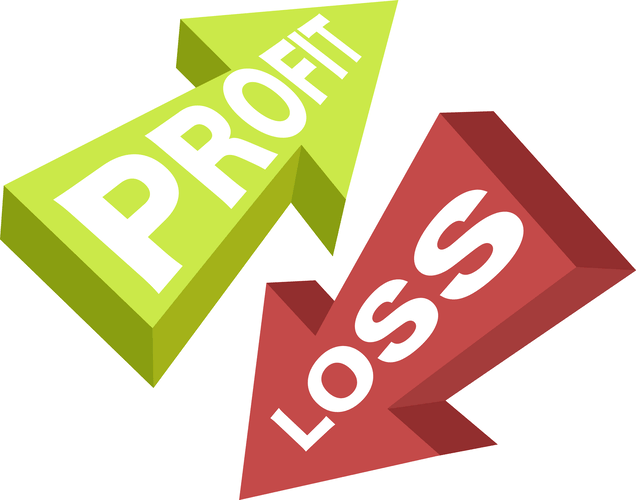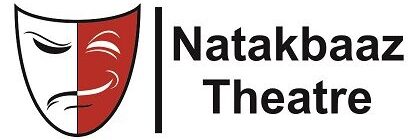
As a bookkeeper, you can and should leverage your experience to increase your profit. If you’ve been working in the industry for 10 years, for example, you’ll have the client base, referrals, references, and body of work to quote a higher rate. Though you don’t need to be a certified CPA as a bookkeeper, there are still certifications you can gain to justify a higher fee for your services.
It’s essential to research and compare bookkeeping salaries in your specific location to gain a better understanding of the industry average. In this article, we will dive into the world of bookkeeping pay rates and explore what the industry average tells us. We’ll discuss factors that influence pay, such as how much does bookkeeping cost experience, education, geographic location, and certifications. We’ll also examine how bookkeeping pay rates compare to related professions and the overall job market. The average price of outsourcing your bookkeeping needs ranges depending on the number of transactions and complexity of services required.
Practice barrier #6: value pricing & bundling
I hope this guide helps you learn how much you can expect to earn should you decide to become a bookkeeper. The Midwest and Southern regions, with $16.60 and $15.89 average hourly bookkeeper rates, respectively, are below the national average. Massachusetts is the state with the highest average bookkeeper salary in the United States. Bookkeepers in this state earn an average salary of $21.83 per hour.
This is the equivalent of around $45,000 per year, assuming a 40-hour workweek. The advantage of hourly pay is you receive 1.5 times your average wage for hours worked more than 40 per week. In bookkeeping, extra hours are typical during the busy tax season of January to mid-April. If you are interested in becoming an accountant, it may be beneficial to your career to become a certified public accountant (CPA), which has its own exam. You must have a minimum of 150 postsecondary education hours, or what amounts to a bachelor’s degree in accounting, and an additional 30 hours of graduate work. Bookkeepers may start working for a small business to gain experience and then go back to school for a degree in accounting or finance.
How Do Bookkeepers Determine Their Average Hourly Rate?
Some industry experts believe that not enough bookkeepers are emerging to fill available job openings, indicating opportunities for professionals with the right skills. The U.S. Bureau of Labor Statistics (BLS) groups bookkeepers with accounting and auditing clerks in its job-related data. The data presented in the following table covers all three professions. Also, note that the degree-related salaries cover all accounting professionals who hold that degree. In 2019, Strategic Finance magazine published a report detailing a “looming crisis” in the accounting industry.
